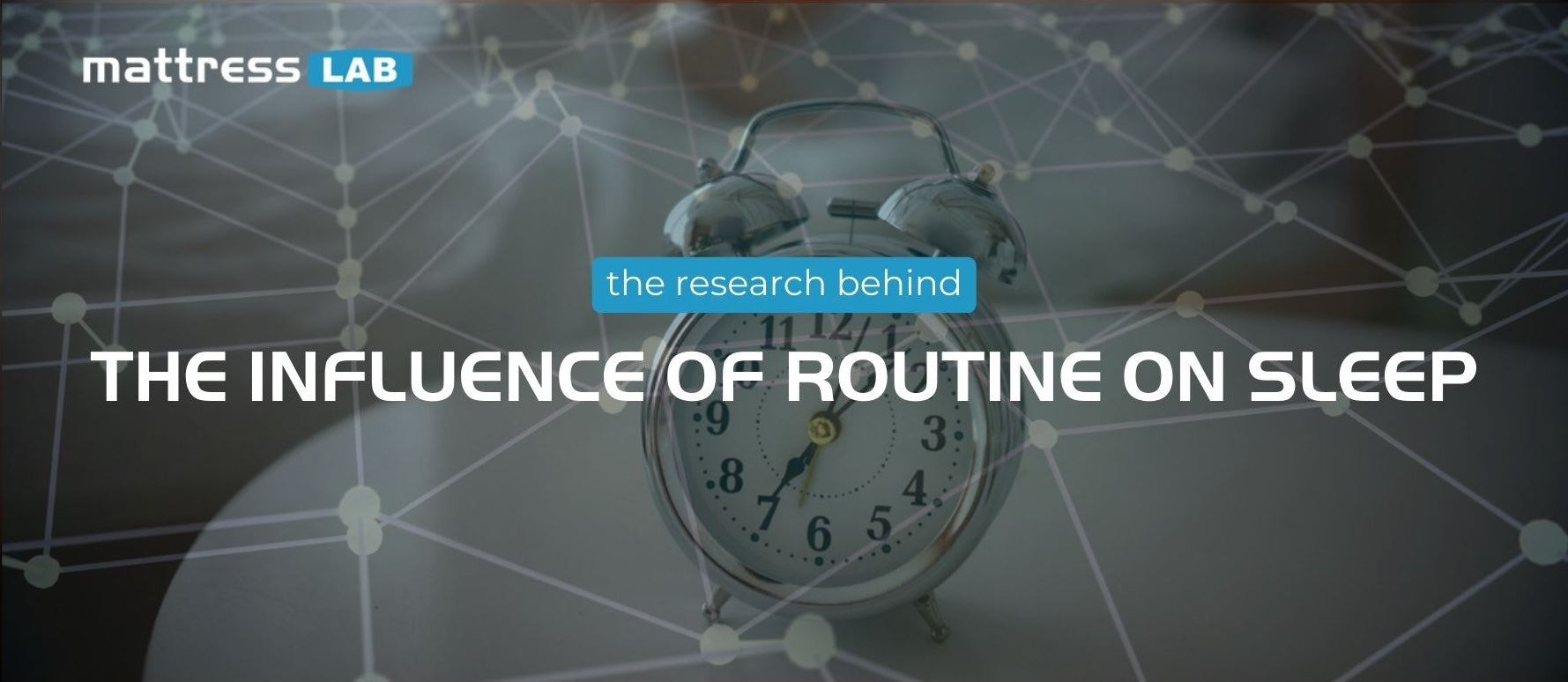The Research Shows: The Most Common Sleep Disruptors
At Mattress Lab, we understand that achieving quality sleep isn't just about having the right mattress; it's also about understanding what can disturb your slumber. Today, we'll delve into the research to identify and explain the most common sleep disruptors. Here's what the lab has uncovered:
Understanding Sleep Disruptors
Sleep quality can be influenced by a myriad of factors, from environmental to physiological. Here are the culprits most often cited in scientific literature:
 1. Light Exposure
1. Light Exposure
Light, particularly blue light from screens, can significantly disrupt your sleep cycle. Studies have shown that exposure to bright light, especially in the evening, can delay the release of melatonin, the sleep hormone. Research from the National Sleep Foundation indicates that using devices like smartphones and tablets before bed can lead to reduced sleep quality and duration. Reference: National Sleep Foundation - Blue Light
2. Noise Pollution
Noise is another common disruptor. Even if you don't wake up, background noise can lead to lighter, less restorative sleep. A study published in the "Journal of Environmental Psychology" found that even low-level noise (like traffic or a snoring partner) can increase awakenings and reduce the amount of deep sleep. Reference: Journal of Environmental Psychology - Noise and Sleep
3. Temperature and Bedroom Environment
The ideal temperature for sleep is slightly cooler than you might think, around 60-67°F (15-19°C) according to research from the National Institutes of Health. An environment that's too hot or too cold can lead to restless sleep or frequent awakenings. Moreover, the comfort of your mattress and bedding also plays a crucial role in how well you rest. Reference: NIH - Sleep and Body Temperature
4. Stress and Anxiety

Psychological factors are among the top disruptors of sleep. Chronic stress can lead to insomnia by keeping the mind active when it should be resting. Research from the American Psychological Association indicates that stress can interfere with both falling asleep and staying asleep.Reference: American Psychological Association - Stress and Sleep
 5. Caffeine and Diet
5. Caffeine and Diet
Caffeine is a stimulant that can delay the timing of your body clock and reduce sleep duration. A study in the "Journal of Clinical Sleep Medicine" suggests that while the effects of caffeine can vary, it’s advisable to avoid it at least six hours before bedtime. Similarly, heavy meals, spicy foods, or alcohol can disrupt sleep patterns. Reference: Journal of Clinical Sleep Medicine - Caffeine and Sleep
6. Irregular Sleep Schedules
Our body thrives on routine. Irregular sleep patterns, such as those experienced in shift work or during frequent travel, can misalign your circadian rhythm, leading to sleep disturbances. Research has shown that such disruptions can even lead to higher risks for health issues like obesity, diabetes, and cardiovascular diseases. Reference: CDC - Shift Work and Sleep
Practical Tips to Mitigate Sleep Disruptors
-
Dim the Lights: Use dim lights or blue light filters in the evening.
- Soundproof Your Sleep: Consider white noise machines or earplugs if noise is an issue.
- Optimize Room Temperature: Keep your bedroom cool and use appropriate bedding.
- Manage Stress: Practice relaxation techniques like meditation or deep breathing before bed.
- Watch Your Diet: Limit caffeine and avoid heavy meals close to bedtime.
- Stick to a Sleep Schedule: Try to maintain consistent sleep and wake times.
At Mattress Lab, we're committed to helping you not only find the perfect mattress but also understand how to optimize your sleep environment. By addressing these common disruptors, you can pave the way for a night of restorative sleep.
Join us as we continue to explore, research, and report on the science of sleep in our "The Research Shows" series. Here's to better nights and brighter days ahead!
Note: Always consult with a healthcare provider for personalized sleep advice.




Leave a comment
This site is protected by hCaptcha and the hCaptcha Privacy Policy and Terms of Service apply.